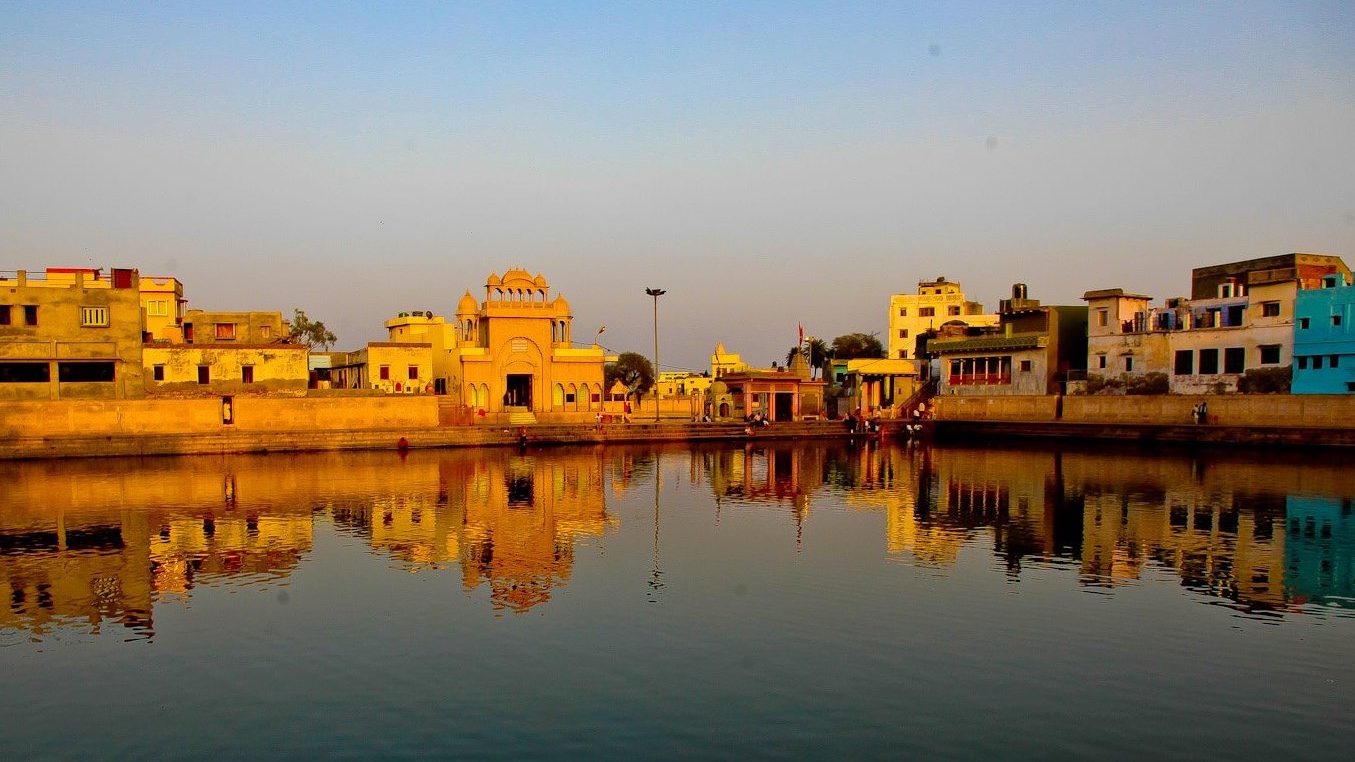
Caitanya-caritāmṛta, Ādi 1 Chapter 4, Verse 16
The Lord wanted to taste the sweet essence of the mellows of love of God
Kṛṣṇadāsa Kavirāja Gosvāmi
Throughout the ages Lord Kṛṣṇa is beloved by all. The word ‘kṛṣṇa’ itself means ‘all attractive’. Nowhere is this more clear than in the rāsa pastime, in which the countless milkmaids (gopīs) of Vrindāvan are irresistibly drawn to him, the local cow-herd boy . According to the legend their eagerness and jealousy is so great that Kṛṣṇa expands into countless embodiments of himself, one for each gopī, so that the dance can go on, each girl delighted that she alone has the privilege of entertaining Kṛṣṇa.
There seems to be no end to the love for Kṛṣṇa. And why not? He is after all everything: all existence (sat), all knowledge (cit) and all bliss (ananda). In other words, whatever exists stems from him, whatever can be the object of consciousness, stems from him, and whoever knows pleasure knows it from him.
Continue reading




